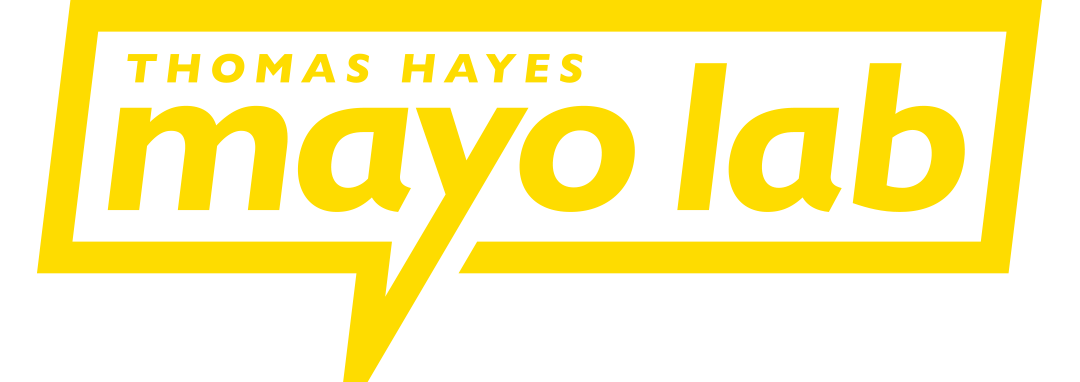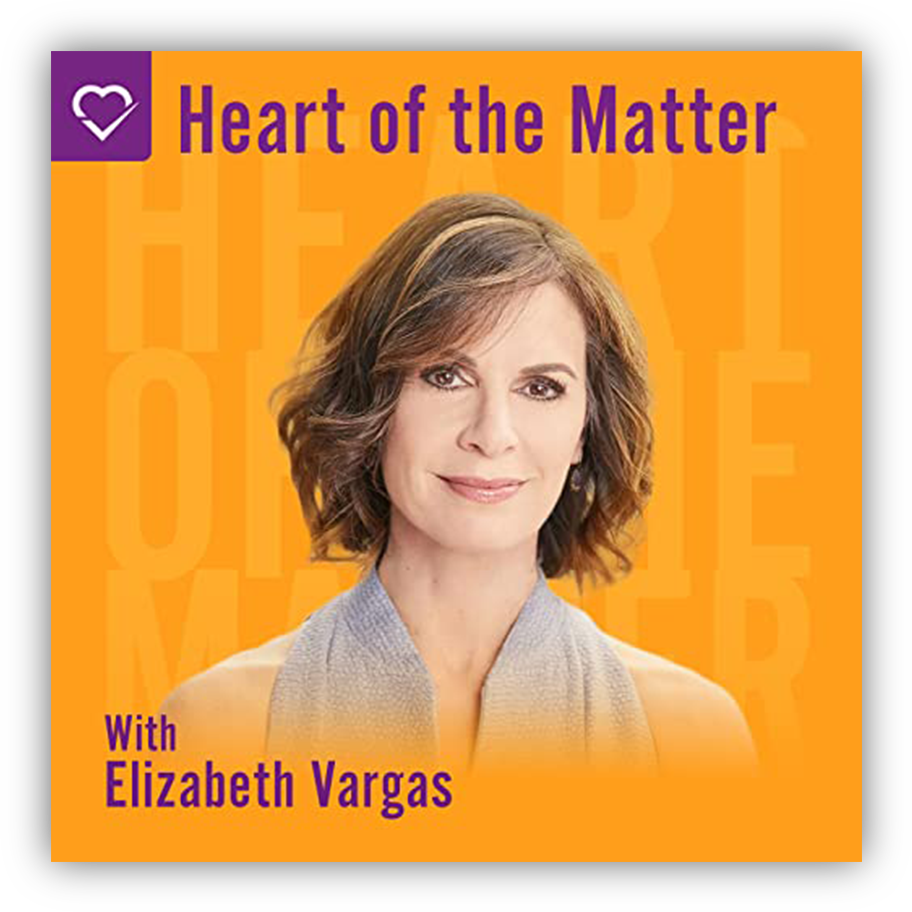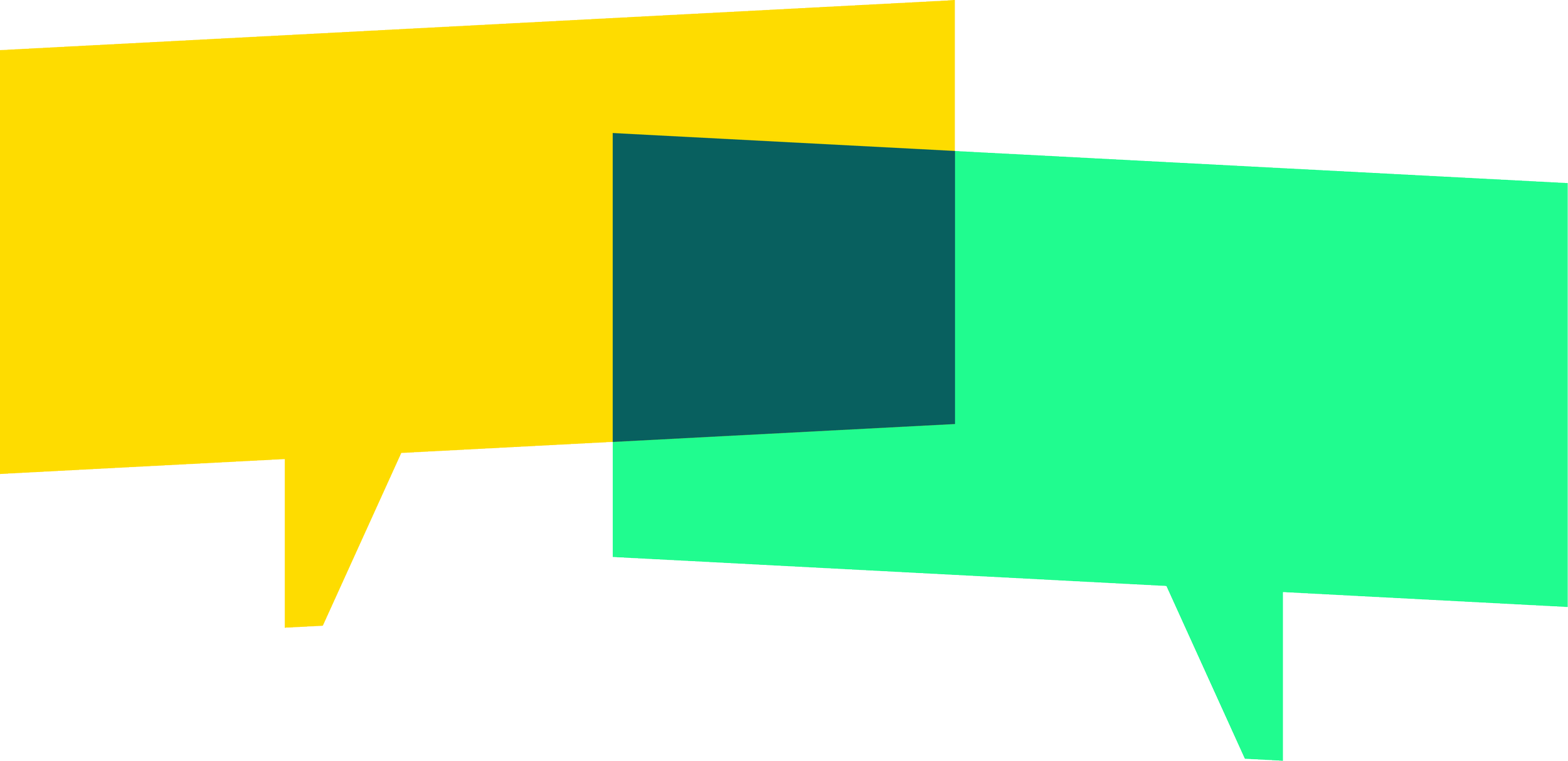
Your Guide to Wellness Resources and Support
Most communities offer a variety of resources to help students manage mental health, wellness and substance use challenges. We encourage you to reach out to school counselors, physicians or therapists who can guide you toward the support that best fits your needs.
We’ve also gathered a few accessible digital resources and national support groups with local connections. This is just a starting point—you’ll discover even more helpful resources as you explore each option.
Remember, one of the most powerful sources of support is often a friend, mentor or family member who has experience with recovery or wellness journeys. Don’t hesitate to reach out; they’re often willing to share what they know to help you find balance, healing and joy.
Podcasts:
The Mayo Lab Podcast with Tyler Barber is available on all the major podcast distribution sites including Apple Podcasts, Google Podcasts, Audible and Spotify. It focuses on the student mental health and wellbeing crisis and includes insight from leading researchers and educators who bring forth solutions.
It is produced by The William Magee Institute for Student Wellbeing at the University of Mississippi, and The Thomas Hayes Mayo Lab is named after a college student who died of an accidental drug overdose from fentanyl.
Heart of the Matter with Elizabeth Vargas focuses on addiction broadly rather than just with teens or students like The Mayo Lab podcast, but it’s one of the best resources available to learn from others about the challenges faced and solutions found. Produced by The Partnership to End Addiction, the weekly podcast features guests who have found success in recovery or help others get there. Elizabeth Vargas is in recovery as well, making her an excellent and insightful host. Heart of the Matter is available on all major podcast distribution sites.
The My Child & Addiction podcast is a parent-to-parent discussion developed by three fathers whose children struggle with substance use disorder. The fathers are joined by other parents for support group-type conversations, revealing stories that parents and other families can relate to about challenges faced and what works in supporting recovery and recovery of those impacted. The podcast is available on all major podcast distribution sites.
Advocacy & Research:
The Child Mind Institute is a non-profit that advances “children’s mental health through compassionate and uncompromising clinical care, a revolutionary approach to the science of the developing brain, and wide-reaching public education and community programs.” Its website also provides insightful and up-to-date information regarding care, education and science in the youth mental health field. It’s one of the more useful information sites for parents with questions in the early stages of seeking help.
Alcoholics Anonymous provides excellent information on its website, including videos for young adults who struggle with substance misuse. AA supplies a wide range of videos and information useful throughout the recovery process and applicable to all ages. Their site also includes assessment surveys for those who think they may have a problem.
The National Institute on Alcohol Abuse and Alcoholism is useful with fact-based information that covers the basics of how alcohol impacts health, the definition and risks of binge drinking, hangovers and more. The website delivers information in the manner one might expect from a government entity—parents likely will find it more useful and interesting than teens will—but its baseline facts are helpful. Parents and educators who want to find treatment resources to consider or recommend may also explore the website’s searchable database of programs, doctors and therapists in their community, state or across the country.
The National Institute on Drug Abuse (NIDA) has a wealth of science-based information for parents regarding drug use, health impacts and the developing brain. It’s a government website, so users can expect how information is explained, but it’s up-to-date and technically correct in every way, delivering a valuable resource for foundational information.
Integrative Life Center is a family of unique and innovative treatment programs. ILC now has two additional satellite locations in Oxford, Miss. and Chattanooga, Tenn. ILN also includes Begin Again Institute, a 14-day intensive program for men struggling with intimacy disorders; and Boulder Recovery, a clinically intensive, Christian 14-day intensive program for men struggling with intimacy disorders.
The Partnership to End Addiction’s website is an excellent site for those looking for answers around prevention and early action and treatment and recovery. Like the podcast, its content is focused on all ages, but parents and educators will find trustworthy, up-to-date insight and guiding information.
Support Groups:
Alcoholics Anonymous is the community leader in helping individuals find and maintain sobriety from alcohol, and its 12-step programs exist throughout the world in support. It’s a “fellowship of people who come together to solve their drinking problem.” Visit www.aa.org and search the site by location to find AA support near you.
Narcotics Anonymous is another support group for those suffering from addiction and seeking recovery, and its community meetings, held throughout the world, are typically found in the same churches and community centers where AA meetings are held. You can find an NA meeting in your community and also get virtual NA meetings on the website at www.na.org.
Things Have Changed: What Every Parent (and Educator) Should Know About the Student Mental Health and Substance Misuse Crisis by David Magee. Now more than ever before, parents need better information of the challenges facing their children, what sorts of issues to expect and when, and the warning signs to look for. From anxiety and depression to eating disorders and loneliness, students and their families are facing a mental health and substance issues epidemic that requires new guidance.
David Magee's new book offers a roadmap for helping students talk about and find the joy they want and deserve.
Books:
Support for Supporters:
Since addiction impacts everyone in the family, support groups for impacted loved ones are quite helpful and available in nearly every community in the country and many throughout the world. Support groups for adults, including parents and spouses of those suffering from addiction, are available through Al-Anon meetings while teenagers impacted can engage in support through Alateen groups.
According to the organization Al-Anon Family Groups, Al-Anon is “a mutual support program for people whose lives have been affected by someone else’s drinking. By sharing common experiences and applying the Al-Anon principles, families and friends of alcoholics can bring positive changes to their individual situations, whether or not the alcoholic admits the existence of a drinking problem or seeks help,” while Alateen is “a fellowship of young people (mostly teenagers) whose lives have been affected by someone else’s drinking whether they are in your life drinking or not. By attending Alateen, teenagers meet other teenagers with similar situations.”
For more information and a searchable database of meetings in your area, visit www.al-anon.org.












